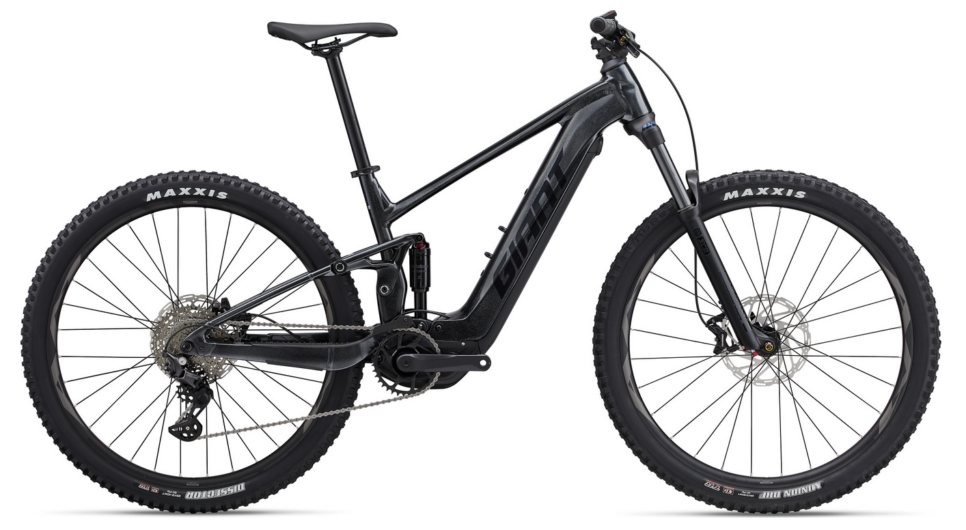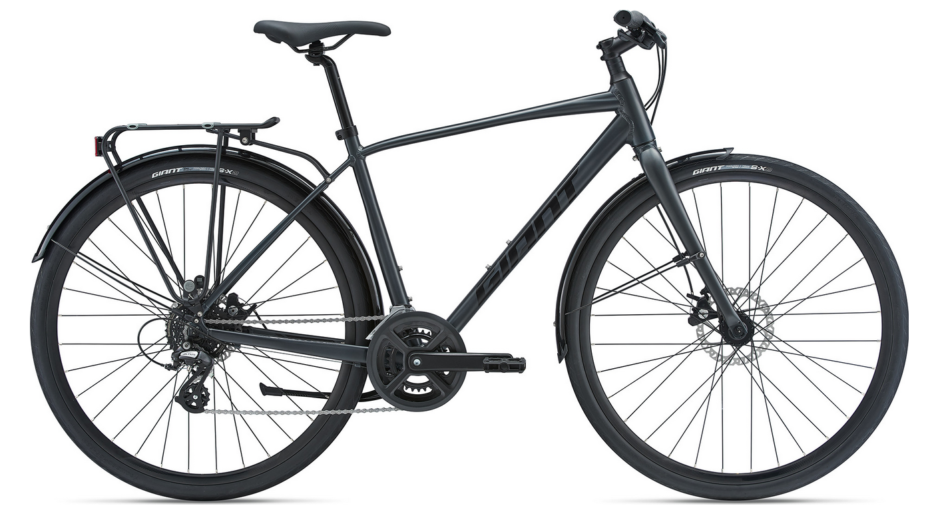When the “Electric Bicycle Incentive Kickstart for the Environment Act’’ was introduced in 2021, I was a vocal opponent (click here to read that article). The loosely-defined act extended a tax credit to e-bikes even if used exclusively for off-highway recreation. I felt then, as I do now, that this is counterproductive to the Act’s stated intent of “incentivizing the use of electric bicycles to replace car trips” and to “encourage more Americans to transition to greener modes of transportation, but also help fight the climate crisis.”
The new Act, submitted by Hawaii’s Senator Brian Schatz, still defines an “e-bike” too broadly. Meaning, his act still extends the tax credit to people who will use their e-bikes to replace non-motorized, off-highway vehicles (mountain bikes). This is hardly what the Act’s authors represented to the public.
There is one addition to Senator Schatz’ Act that is encouraging. The new Act will only apply to an e-bike “which has a drive system that has been certified by an accredited laboratory to Underwriters Laboratory (UL) standard UL 2849, or a battery that has been certified to any of the battery safety standards listed in such standard UL 2849.” That’s a big win for consumers. You can read why by clicking here.
The addition of the UL 2849 requirement is encouraging if it stays in the Act. I assume the bicycle industry lobbyists are fighting to have that wording removed from the Act and we’ll see if they are successful. If the UL 2849 requirement remains, I’d have to say it is a victory for riders. E-bikes purchased under the Act will greatly decrease the chances of a battery fire tragedy. If some riders use the Act to switch from human-powered vehicles to motorized vehicles, at least they will have an e-bike that is way less likely to burn down their home.
Take the trail to work: It is unlikely that somebody is going to purchase an electric-motorized mountain bike to use as a commuter but it could happen if the trail from your backyard leads to the your business or town.

Human-powered, low-income discrimination: I still don’t get why bicycles are not eligible for the tax credit. That seems like a slap in the face to riders leaving a smaller carbon footprint than a motorized bicycle rider. This inclusion would benefit lower-income riders.

